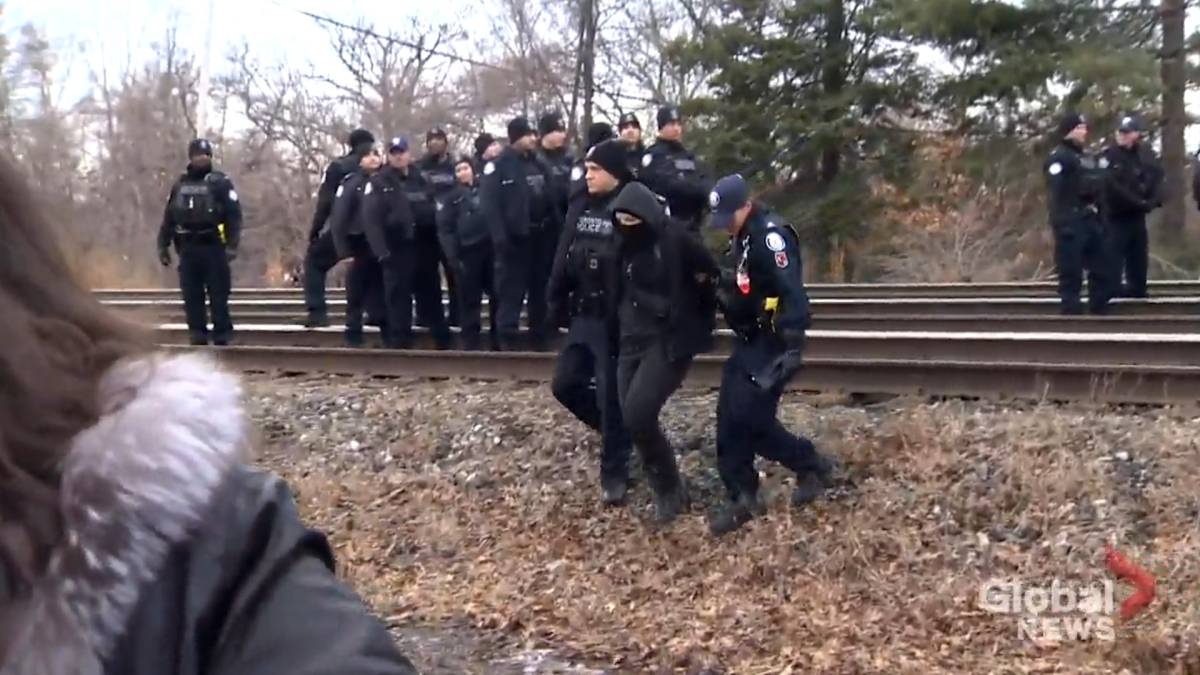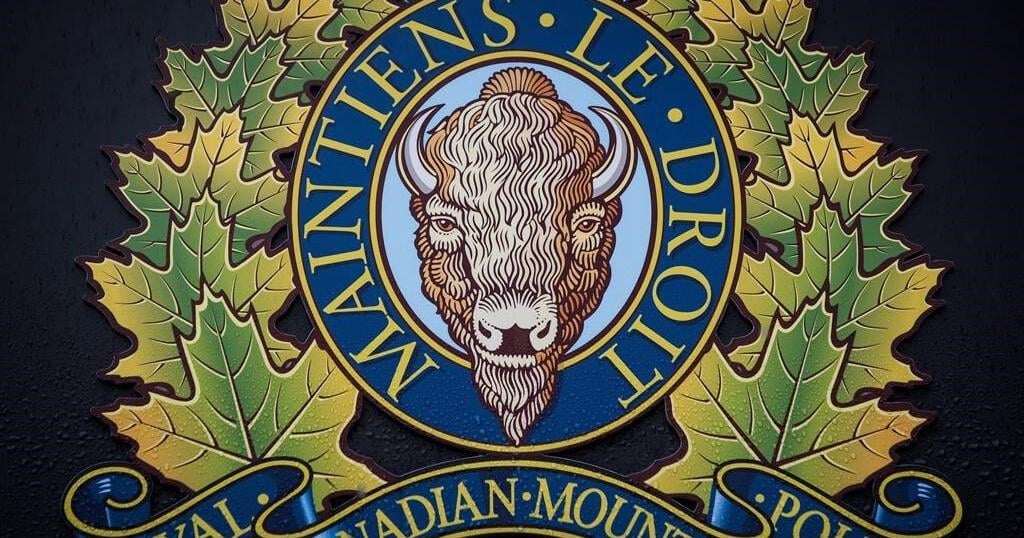TORONTO – Strength in the base metal and technology sectors helped Canada’s main stock index gain almost 100 points on Friday, while U.S. stock markets climbed to their best week of the year.
“It’s been almost a complete opposite or retracement of what we saw last week,” said Philip Petursson, chief investment strategist at IG Wealth Management.
In New York, the Dow Jones industrial average was up 297.01 points at 41,393.78. The S&P 500 index was up 30.26 points at 5,626.02, while the Nasdaq composite was up 114.30 points at 17,683.98.
The S&P/TSX composite index closed up 93.51 points at 23,568.65.
While last week saw a “healthy” pullback on weaker economic data, this week investors appeared to be buying the dip and hoping the central bank “comes to the rescue,” said Petursson.
Next week, the U.S. Federal Reserve is widely expected to cut its key interest rate for the first time in several years after it significantly hiked it to fight inflation.
But the magnitude of that first cut has been the subject of debate, and the market appears split on whether the cut will be a quarter of a percentage point or a larger half-point reduction.
Petursson thinks it’s clear the smaller cut is coming. Economic data recently hasn’t been great, but it hasn’t been that bad either, he said — and inflation may have come down significantly, but it’s not defeated just yet.
“I think they’re going to be very steady,” he said, with one small cut at each of their three decisions scheduled for the rest of 2024, and more into 2025.
“I don’t think there’s a sense of urgency on the part of the Fed that they have to do something immediately.
A larger cut could also send the wrong message to the markets, added Petursson: that the Fed made a mistake in waiting this long to cut, or that it’s seeing concerning signs in the economy.
It would also be “counter to what they’ve signaled,” he said.
More important than the cut — other than the new tone it sets — will be what Fed chair Jerome Powell has to say, according to Petursson.
“That’s going to be more important than the size of the cut itself,” he said.
In Canada, where the central bank has already cut three times, Petursson expects two more before the year is through.
“Here, the labour situation is worse than what we see in the United States,” he said.
The Canadian dollar traded for 73.61 cents US compared with 73.58 cents US on Thursday.
The October crude oil contract was down 32 cents at US$68.65 per barrel and the October natural gas contract was down five cents at US$2.31 per mmBTU.
The December gold contract was up US$30.10 at US$2,610.70 an ounce and the December copper contract was up four cents US$4.24 a pound.
— With files from The Associated Press
This report by The Canadian Press was first published Sept. 13, 2024.
Companies in this story: (TSX:GSPTSE, TSX:CADUSD)




































